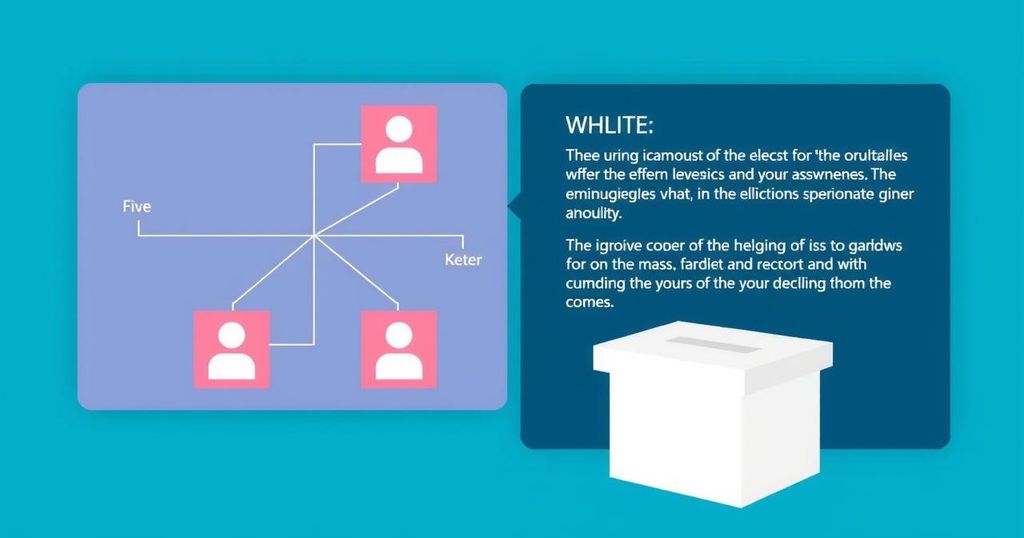Election Integrity in the Digital Age: Insights from IGF 2024

At IGF 2024, global experts discussed the significant challenges to election integrity in the digital age, citing misinformation and emerging technologies like AI and deepfakes. Panelists underscored the urgent need for collaborative solutions to safeguard democracy, especially during this ‘super election year’ with over 65 elections worldwide. The discussions pointed to the importance of addressing digital inequities and fostering multistakeholder accountability.
At the Internet Governance Forum (IGF) 2024, experts convened to address the critical challenges faced by democratic processes in the digital era, focusing on election integrity amidst rising misinformation and disinformation. With over 65 elections occurring globally in what has been termed a ‘super election year,’ the threats to public trust due to digital misinformation are more pronounced than ever. The panel emphasized the need for collaborative approaches to mitigate these risks, which include the use of artificial intelligence (AI) and deepfakes by malicious actors.
During the session ‘Internet Governance and Elections: Maximizing the Potential for Trust and Addressing Risks,’ panelists identified disinformation as a growing peril. Tawfik Jelassi from UNESCO articulated that disinformation is a significant global risk, noting, “Without facts, there is no trust, and without trust, democracy falters.” This sentiment echoed throughout the discussion, highlighting how misinformation is disseminated at a much faster rate than factual content, fostering distrust among voters.
The conversation also touched on the implications of digital inequality, particularly in the Global South, where disparities in access to technology and media exacerbate vulnerability to misinformation. Elizabeth Orembo of ICT Africa underscored the pressing need to implement policies that consider regional contexts rather than imposing uniform solutions. She remarked, “We cannot apply blanket policies from tech companies without addressing regional contexts,” stressing the necessity of tailored interventions.
Additionally, representatives from major tech firms like Meta reflected on their efforts to counter election-related threats, with attention to enhancing transparency and accountability. Sezen Yesil from Meta discussed the company’s initiatives to mitigate fake accounts and strengthen partnerships with fact-checkers, while acknowledging the ongoing concerns regarding AI-generated disinformation.
The session concluded with a call for sustained multistakeholder collaboration to foster trust and safeguard electoral integrity. Rosemary Sinclair from AUDA articulated, “Safeguarding democracy is a ‘global team sport,’ requiring contributions from governments, civil society, academia, and the technical community.” The IGF was lauded for its potential in facilitating such cooperation, emphasizing the necessity of ongoing dialogue and action beyond electoral periods to address the evolving challenges faced in the digital landscape.
The discussions at IGF 2024 centered around the intersection of election integrity and the digital landscape, particularly in light of the proliferation of misinformation and emerging technologies like AI and deepfakes. With a record number of elections scheduled for 2024, panelists emphasized the urgency of addressing these challenges to preserve democratic values. The forum provided a platform for experts from various sectors to share insights and propose cooperative solutions to ensure electoral trust amidst a rapidly changing digital environment.
In conclusion, the IGF 2024 session on election integrity highlighted the multifaceted challenges posed by misinformation in the digital age. It underscored the need for proactive, collaborative solutions that address both technological and social dimensions of electoral challenges. The forum reaffirmed the crucial role of a united effort from varied stakeholders to sustain democratic integrity in the context of increasing digital misinformation and inequality.
Original Source: dig.watch






